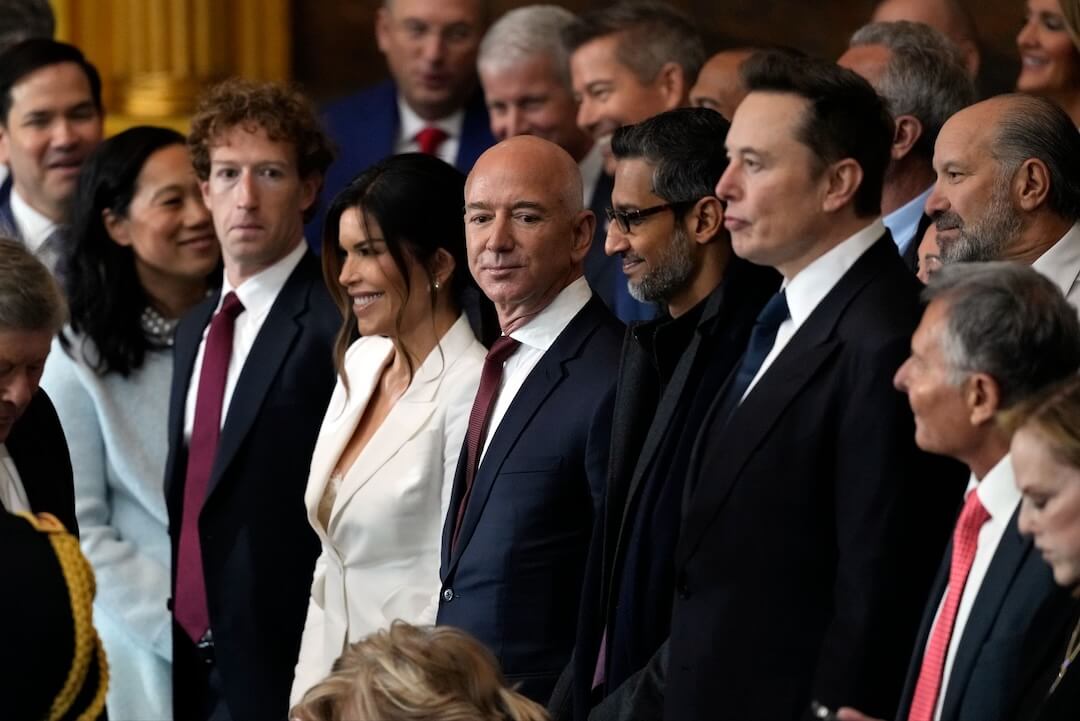Below is an excerpt from The Collective, Poynter’s newsletter by journalists of color for journalists of color and our allies. Subscribe here to get it in your inbox the last Wednesday of every month. For August, we’re also highlighting advice from The Collective’s Council of Truth-Tellers.
Despite the pandemic, summertime still equals journalism convention season. Because of the opportunity cost — fees and time off required to attend — a convention might be an occasional or one-time experience instead of a regular occurrence.
Perhaps you had an opportunity to experience programming this year from NAHJ, ONA, SRCCON, NABJ or AAJA. If you’re having FOMO, upcoming virtual options include SPJ and NLGJA. RTDNA and IRE are planning in-person events. (NAJA rescheduled its in-person conference to 2022.)
I’ve been attending journalism conventions since college, amassing a banker’s box of lanyards and badges. (If you have ideas for how to craft those into something fun, let me know!) Here are three key things I’ve done to make the most of connections that started during a convention.
Who did you meet during the career fair?
The best time to search for your next job is always now. That doesn’t mean you have to be ready to move in the next year or even five years from now. But the connections you make today will serve you down the road. Years ago, I spoke with Sheila Solomon when she was a recruiter for the Daily Press in Newport News, Virginia. She later became a recruiter for the Chicago Tribune. Even though I never worked for either publication, Sheila remembered me as someone who spoke with her in earnest about the opportunities in both newsrooms — and she is someone I can call on today to talk about the journalism landscape.
If you had the time to make an impression on someone — or if they made an impression on you — take a few minutes now to send them a thoughtful follow-up email. It doesn’t have to be a long note. Try to jog their memory about something in your conversation, and then offer a few links to your work. Don’t expect an immediate reply. If you’re really interested in reconnecting, send an additional follow-up to that person a week or two after that initial email. Just don’t bombard that person’s inbox.
Who did you meet during sessions or social activities?
Again, think about people you might have made an impression on. Did you ask a question that led to a particularly thoughtful response from a speaker or another attendee? Take a few moments to collect those names and figure out what interests them. Then reach out to continue the conversation.
Maybe someone impressed you with a particularly intriguing contribution. Again, find that person so you can learn more.
Virtual platforms are usually available after the convention officially ends, so you could message another attendee through Boomset, Cadence, Pathable, Whova, etc. Attendees are encouraged to provide profile information, so you might find ways to reach someone directly.
Some organizations make session recordings available after the convention. So even if you didn’t get a chance to attend live, you can still learn from people who share your interests — then reach out to start connecting.
Which members are nearby?
Most organizations have regional groups, formal and informal. Even as the pandemic persists, there are opportunities to make connections even if you’re unable to gather in person.
Bonus: Think about next year
And consider whether you would like to attend a convention in person once that’s an option. If so, start budgeting for that. If you work in a newsroom, make the case to your supervisor that the convention offers professional development opportunities that you can share in a brown bag afterward. Also talk with your boss about attending as part of your workweek rather than using vacation.
If you’re a freelancer, some organizations offer stipends to offset registration costs. Some associations also offer the opportunity to attend by putting in sweat equity as a volunteer.
What’s important about going to conventions is being intentional about networking. My colleague Samantha Ragland encourages you to think about what kind of network you want to build: professional, aspirational, communal — maybe a blend. The most effective networks rely on personal engagement, not transactional requests.
Reconnect with people you met this year (many of us go to multiple conventions), and be open to becoming part of someone else’s circle of influence. I hear all the time that the person you meet today could connect you to your next opportunity, and that’s especially true for journalists.
Subscribe to The Collective for access to a subscriber-only feature: advice from our Council of Truth-Tellers. For August, we’re republishing their answers here.
The Collective is supported by the TEGNA Foundation.







